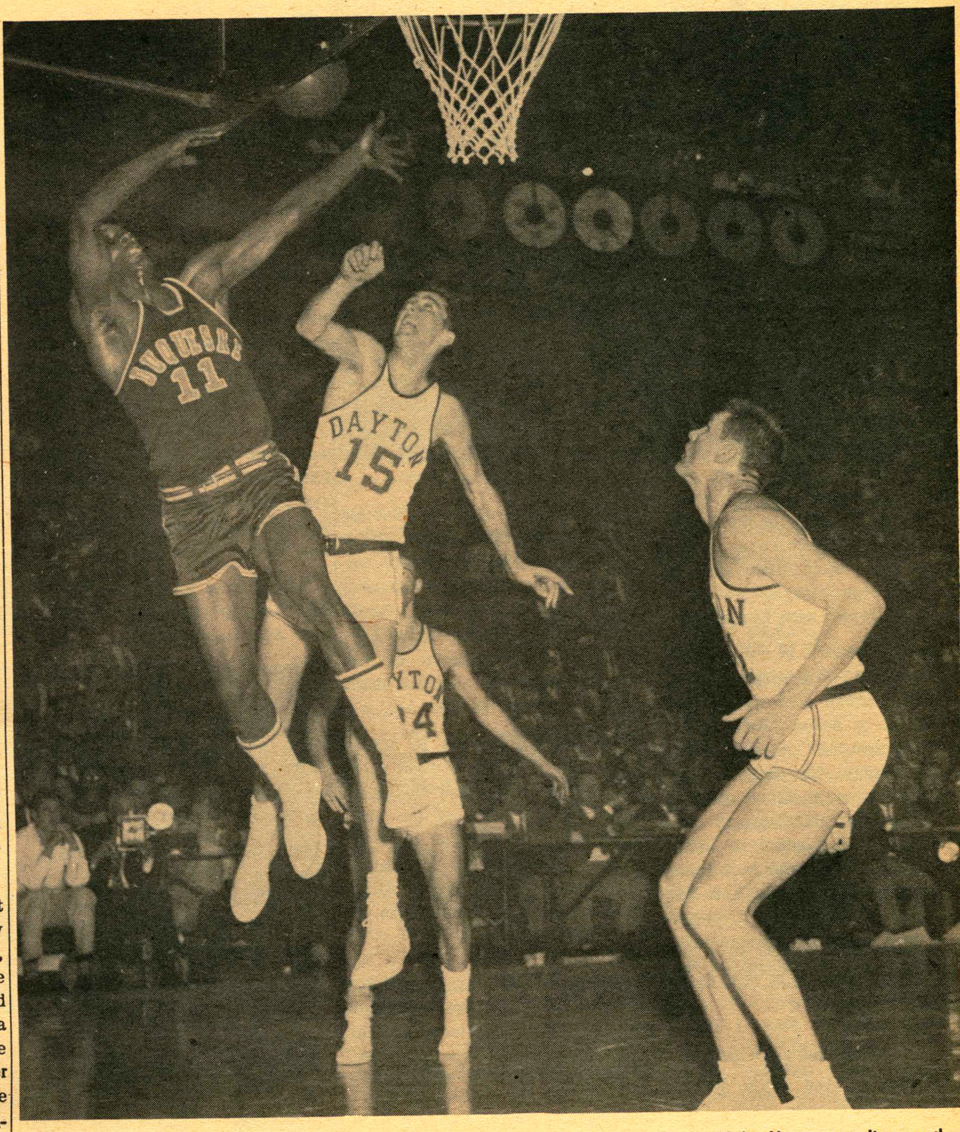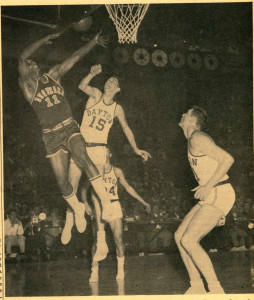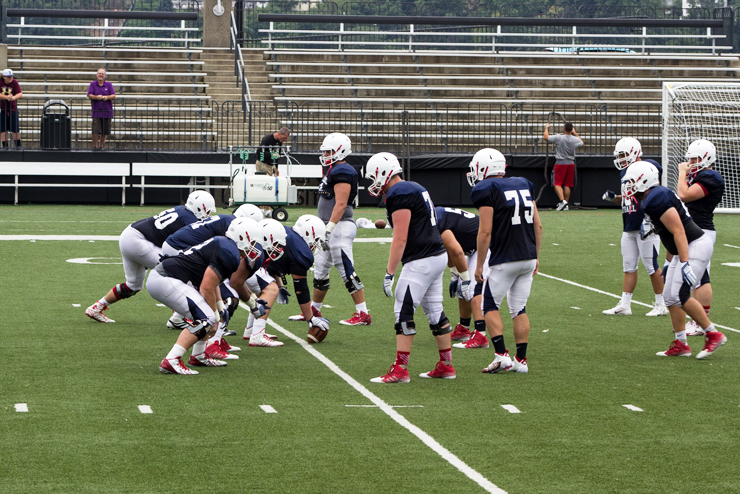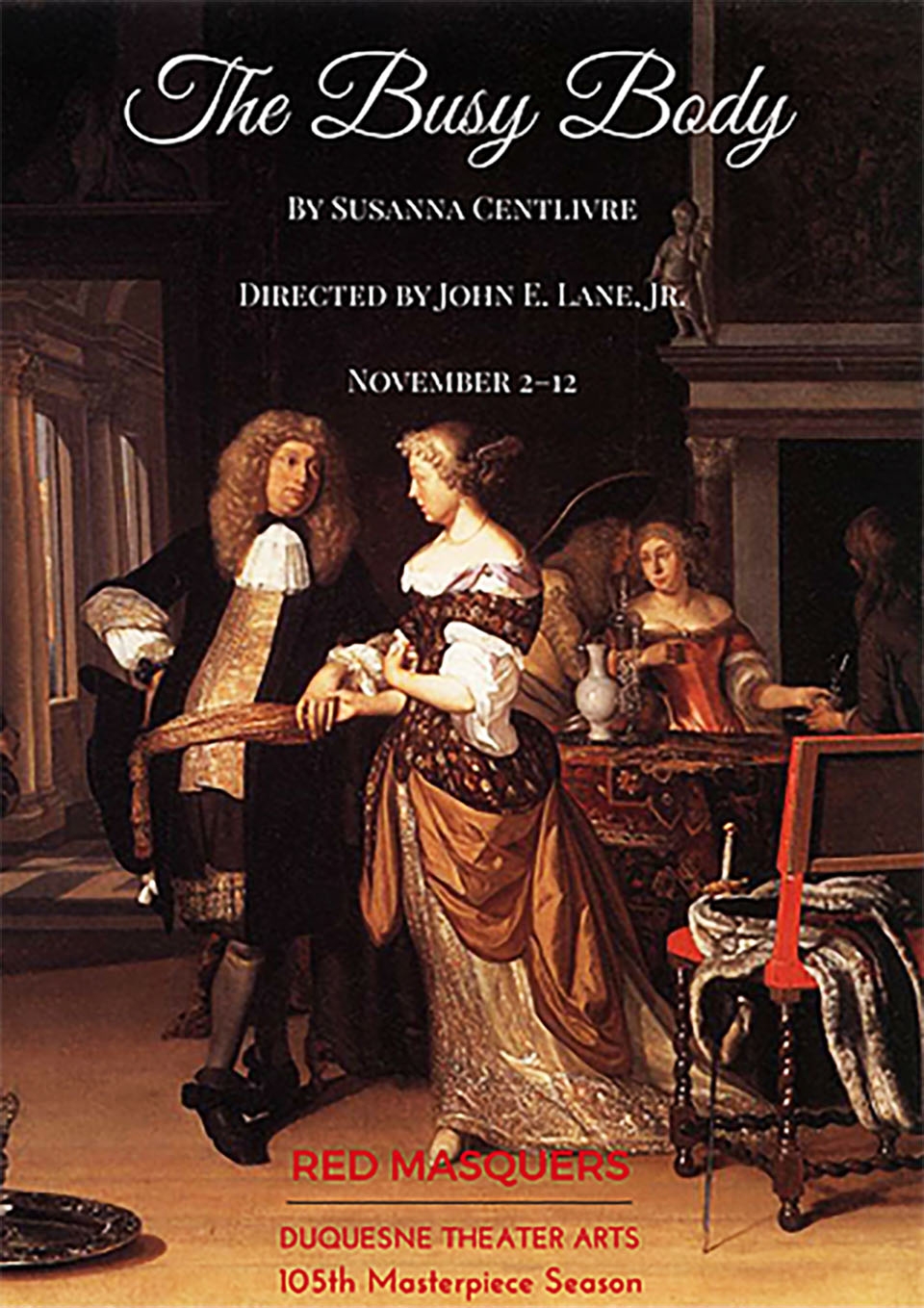

By Andrew Holman | The Duquesne Duke
One hundred years of Duquesne basketball tradition all started back on Jan. 9, 1914 when the Dukes defeated Bethany College 43-28, recording their first win in program history.
The score shows that a lot has changed since the Red & Blue’s first tipoff. Back before the City Game, before the existence of the Atlantic 10 Conference or the playing days of Duquesne greats like Chuck Cooper and Dick Ricketts, the Dukes played their hoops in a tiny gym underneath Old Main.
The Red & Blue competed under the chapel and under the direction of Eugene McGuigan, better known as “Father Mac.” Three-sport athletes are a rarity beyond the high school level, but Father Mac took it to the extreme as a three-sport coach.
As a Holy Ghost Father at Duquesne, Father Mac coached the football, basketball and baseball teams at Duquesne.
Father Mac led his team to a 16-2 record in his final season on the Bluff and thanks to his efforts, Duquesne finally upgraded to a more traditional basketball gym in 1923, which seated 1,200 fans.
The renovated court certainly helped, but Chick Davies is the man credited with bringing Duquesne basketball to the national stage. Davies’ career record in his 21 seasons was a whopping 314-106. Not only did Davies boast a .748 winning percentage, he also had some postseason success taking the Dukes to the NCAA Final Four and the NIT Championship game.
In 1917, a man named Cumberland Posey changed history forever. His name isn’t commonly in the conversation with Duquesne greats such as Cooper, Norm Nixon or Willie Somerset, but he is the man who carved the path for all of these legends. According to the Duquesne athletic department, Posey was the very first recorded black athlete to compete for Duquesne.
As much as he did for the African American community and Duquesne basketball as a whole, Posey is best remembered for playing in the Negro Baseball League. The contributions led him to the National Baseball Hall of Fame where his legacy will live on forever.
Sometimes the heart and soul of an athletics program comes from an unexpected place, and that was the case for Bruce Jackson Jr. An athletic trainer for 23 years at Duquesne, Jackson Jr. found a way to leave a legacy.
A 1985 article written by Eddie Jefferies for the Pittsburgh Courier recounts the African American trailblazers in Duquesne athletics history, Jackson Jr. being one of them.
“One of the most respected and loved persons in Duquesne sports history was not a player, but the athletic trainer Bruce Jackson Jr.”
Jackson Jr. was a man that found a way to win over the heart of Duquesne athletics and for that he will always be remembered.
Duquesne basketball is a program with 100 years of history and one that is hoping to return to a winning culture. They found early success, were ahead of the rest as far as inclusion of black athletes, and emerged as a national contender. Fans remain hopeful that the Dukes will return to national prominence under coach Jim Ferry just as they did under the helm of Chick Davies.




